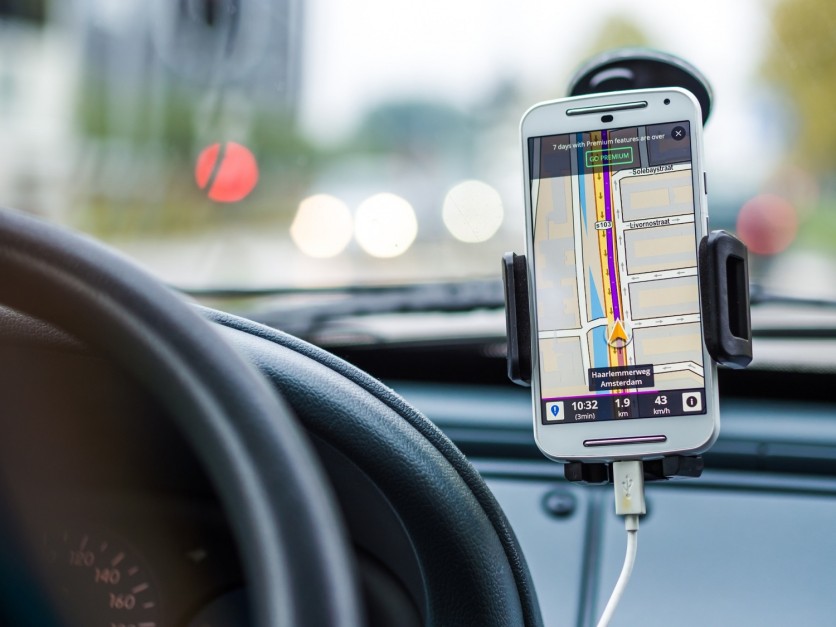A volunteer ride program in New Brunswick is reportedly set to use artificial intelligence to optimize bookings and driver dispatches and manage operations in general.
By the end of the year, the software will be available throughout the province thanks to Urban/Rural Rides, a nonprofit that offers transportation services to seniors, low-income families, and individuals with mild disabilities.

Executive Director Kelly Taylor says the technology will greatly increase the efficiency of the volunteer driver assignment and ride-booking processes.
The government of New Brunswick declared on Monday that it will commit $2 million over four years. Blaise Transit, a Montreal-based software provider for transit networks, will collaborate with Urban/Rural Rides on the project.
The program is made to assist regional service commissioners in overseeing volunteer ride services, helping them with anything from dispatching to real-time operation monitoring.
AI for Transportation Efficiency
In addition, a driving app that directs the volunteers on their trips is available. The app provides turn-by-turn directions, information about who to pick up, and the passengers' specific mobility needs.
Riders will now have more options for scheduling rides. They can make a request either online or using the Blaise Transit app. However, for a dispatcher to enter a request into the system on behalf of someone unable to use a device, they must still call and speak with a dispatcher.
Blaise Transit CEO Justin Hunt said the platform would provide consumers with more flexibility in travel arrangements.
Hunt claims that since artificial intelligence would handle the "tedious" chore of scheduling rides, volunteers will have more time to dedicate to other activities.
Blaise Transit first introduced the system in 40 communities in the US and Canada and 24 municipalities in Nova Scotia.
Increasing access to transportation is crucial, especially in rural areas, according to Minister Réjean Savoie of the Regional Development Corporation. The concept has been under development for the past year by Urban/Rural Rides.
As per Taylor, the program will facilitate collaboration and resource sharing among the province's current regional volunteer riding programs.
AI-Powered Cameras in Metro Buses
This is not the first time AI has been used in transportation; plans for Los Angeles Metro Buses to use AI-powered cameras to easily ticket vehicles illegally parked in bus lanes were recently reported.
Metro states that the program will launch by the end of 2024 after two months of community engagement to ensure that the general public is informed about this new endeavor's objectives, timetable, and outcomes. Testing is planned for this summer.
The government states that drivers will be given a 60-day notice when cameras are installed. Warning citations are not grounds for infractions and are meant to be used as educational notices for the first sixty days.
The Hayden AI tech startup's program aims to enhance bus schedules, boost ridership, and address mobility issues. Last year, Metro's board of directors gave the business permission to deploy 100 camera systems as part of a $11 million agreement.
Related Article : Revolutionizing Farm to Table: A Journey Integrating AI and Blockchain in Supply Chains

ⓒ 2025 TECHTIMES.com All rights reserved. Do not reproduce without permission.




